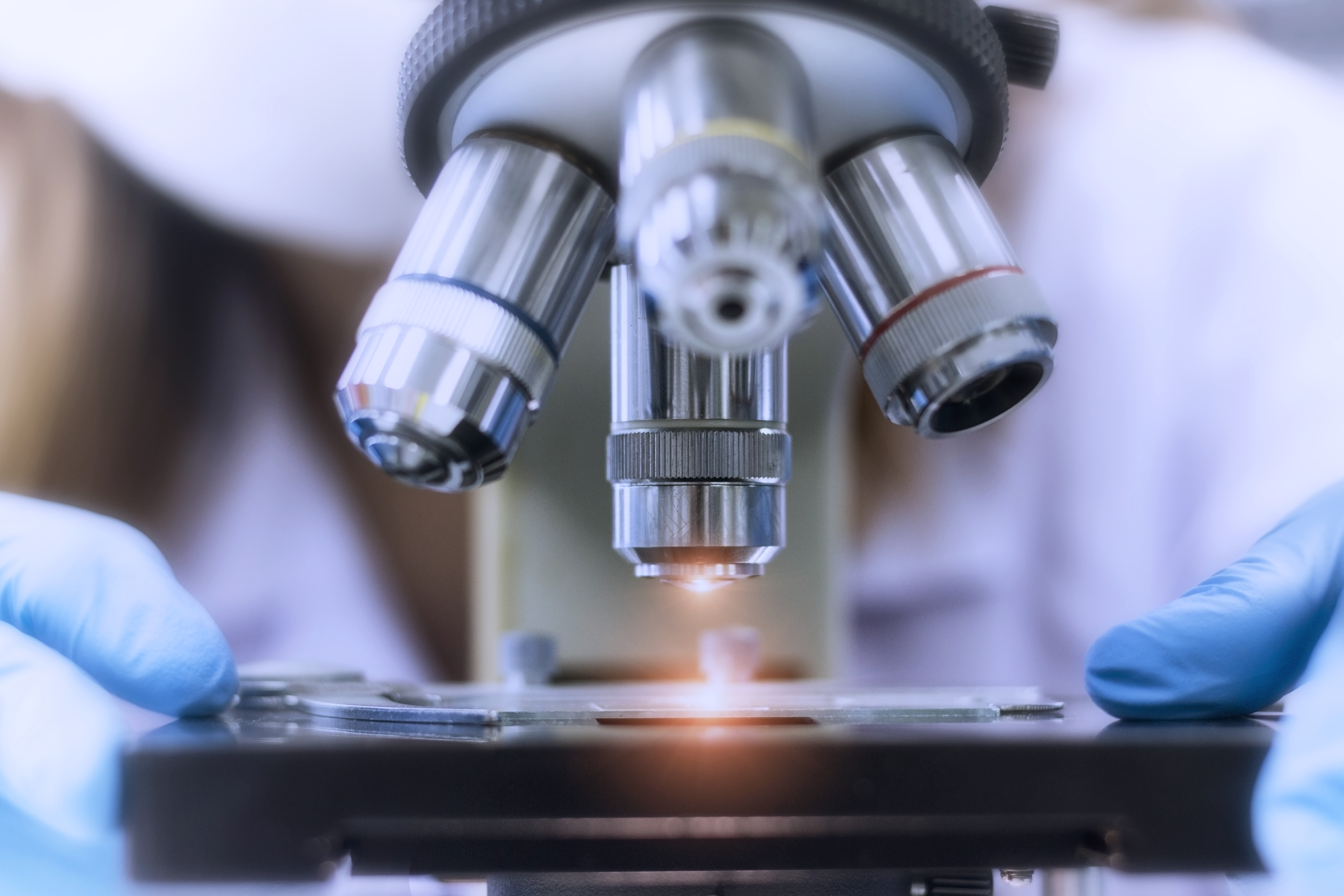Well into your life as an entrepreneur, and with increasing frequency as your business gains momentum, people will want to pick your brain about your journey. If you are the naturally social and gregarious type who thrives on everything from informal coffees and interviews through full-blown panel discussions and keynote speeches, this is no problem. I am not one of those people.
I secretly (well, now that you are reading this, not-so-secretly) dread public speaking, and I think the toughest crowd of all is college students. They’re bright. They’re motivated. They have friends, influence and the potential to become your customers. And because they are a captive audience who didn't voluntarily choose to come listen to you, there is absolutely no guarantee that anything you say to them will catch their interest.
Over the last few years, I have been inflicted on a lot of college classes. Soon, your turn will come. Here's what not to do with that opportunity.
Lecture. You’re a guest speaker, not a substitute professor. Don’t bring slides – or, if you must, limit them to the minimum information necessary (pictures, not text). Try to start a conversation instead.
Narrate your autobiography. Unless your host professor specifically asks you to tell your life story (which sometimes happens), don’t. A few simple details about how you got where you are and what gave you the idea for your business should usually more than do it.
Explain your industry. If the class is about entrepreneurialism (which presumably it must be, if you’re the featured speaker), the chances are high that no student in the room is focused on your specific sector. Don’t get dragged down into how government regulations, supply chain logistics, etc., etc., make your particular business complicated. Keep your comments at a broad enough level to apply to anyone interested in starting and growing an awesome business.
Equate non-enthusiasm with failure. A few years ago, after spending an hour in front of a class on social enterprise and failing to get any eye contact, body language affirmation or serious questions, I went home convinced that I'd wasted my time and theirs. A week later, I got a packet of handwritten thank-you notes that not only expressed gratitude for my talk, but mentioned specific things I’d said and explained why they’d resonated. Be passionate, authentic and open with the audience, and don’t worry if they don’t seem to be reciprocating. Remember: you’re speaking to the future.
Local
Stacy Ratner is the Founder of Open Books, a nonprofit social venture that collects used books and sells them in its award-winning, rainbow-hued, “literary Wonka Wonderworld” River North store to support literacy programs for 4,000 students each year. Previously, she spent a decade as a for-profit serial entrepreneur and helped take 3 startup companies from idea through a combined total of $30 million in committed venture funding. On late nights and weekends, Stacy letterboxes, makes quilts, writes unpublishable novels (nine so far), and reads murder mysteries.



